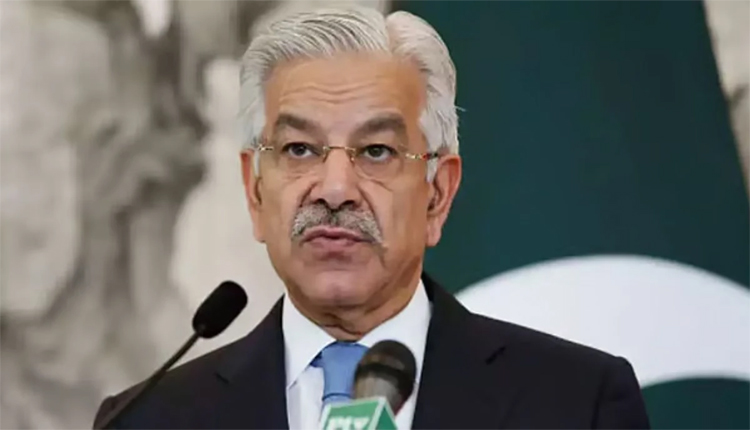Islamabad: The April 22 terrorist attack on Pahalgam forced Pakistan’s government to move from threatening India to requesting an international investigation of the incident. The terrorist organisation The Resistance Front (TRF) took credit for this assault, which killed 26 mostly touristic victims, making it the worst attack in the Kashmir Valley after the Pulwama attack in 2019. Pakistan struggles to defend its global standing and avoid blame after India implemented the Indus Waters Treaty suspension and Attari-Wagah border closure.
Pakistan Prime Minister Shehbaz Sharif showed an initial strength of defiance regarding consequences while now showcasing softer attitudes toward this situation. Pakistan now seeks outside powers—Russia, China, and Western governments—to conduct an independent investigation into the Pahalgam attack. Defence Minister Khawaja Asif requested an international investigative team to determine whether Pakistan supported the attacks as stated by India during an interview with Russian news outlet RIA Novosti. Asif demanded that Russia, along with China and Western nations, must collaborate in resolving this conflict because Sharif plans to back the investigation.
During the interview with RIA Novosti, Asif created a controversial controversy by proposing that the Pakistani attack could possibly be engineered by India in order to destabilise Pakistan through false flag operations. Global analysts condemn this claim which Al Jazeera broadcast because they find it both self-serving and dishonest to the international audience. The conflicting statements urging an unbiased investigation together with baseless accusations create a strategic crisis in Pakistan as experts indicate an increasing level of panic regarding isolation from international diplomacy.
India officially rebutted Pakistan’s supposed claims when the Ministry of External Affairs stated clearly that this attack proves to be a signature operation of Pakistani terror organisations. The government conducted decisive steps by testing missiles from INS Surat in the Arabian Sea with simultaneous Pakistani national expulsions to demonstrate its commitment against cross-border terrorism. The crisis grows worse for Pakistan because of the suspended 1960 Indus Waters Treaty, which supports its agricultural sector and creates internal unrest, and reports say elite families such as PPP Chairman Bilawal Bhutto-Zardari and Army Chief General Asim Munir are leaving the country.
The international probe demanded by Pakistan emerges during a time when the country faces internal security problems in Balochistan and Khyber Pakhtunkhwa in addition to trade-induced economic pressures from India’s export limitations. Global actors, including the United Nations, have received a multiplicity of statements from Pakistan about their stance on the crisis, weakening their diplomatic credibility. The international community looks ahead to future movement in this growing international diplomatic confrontation between India and the world.



Comments are closed.